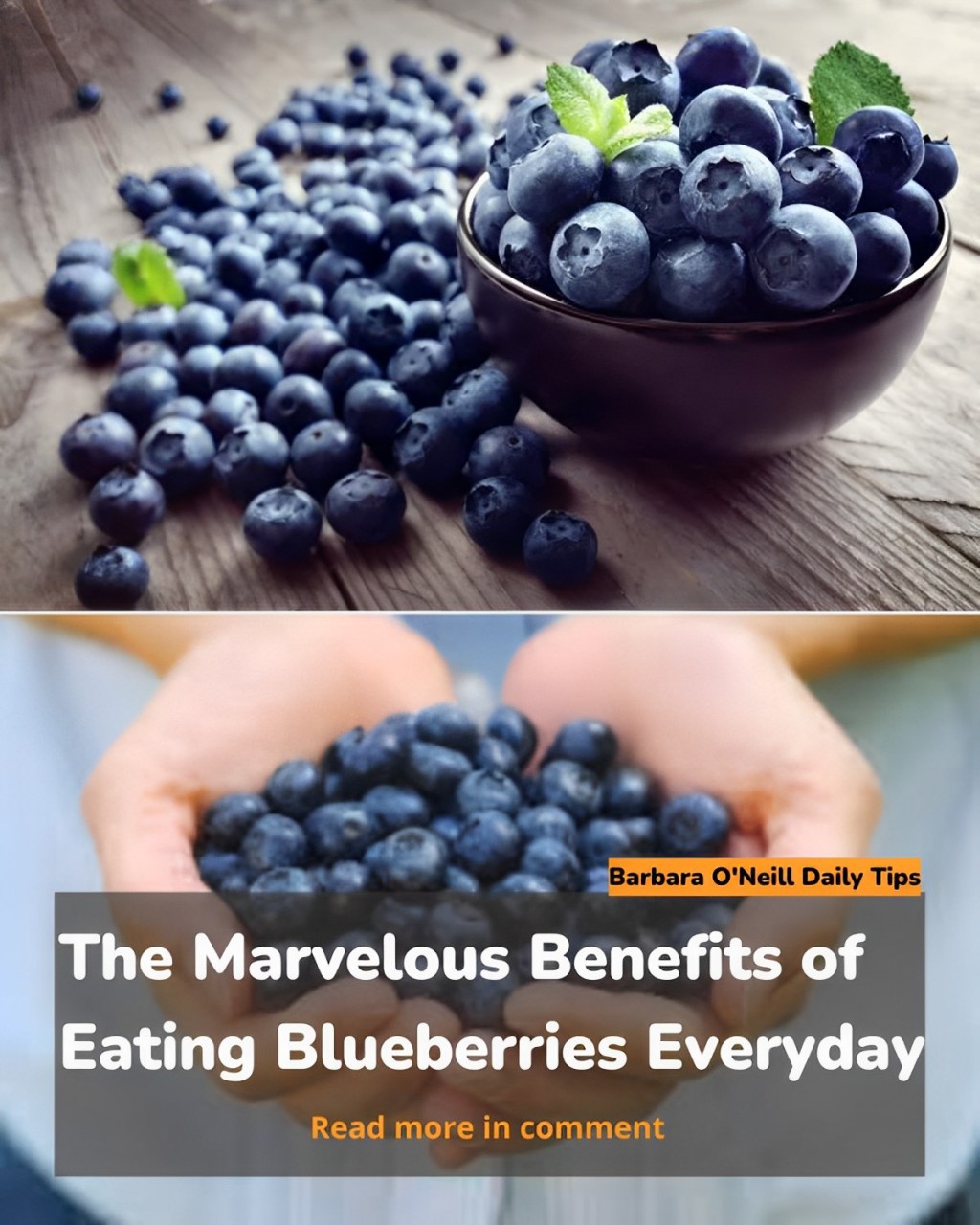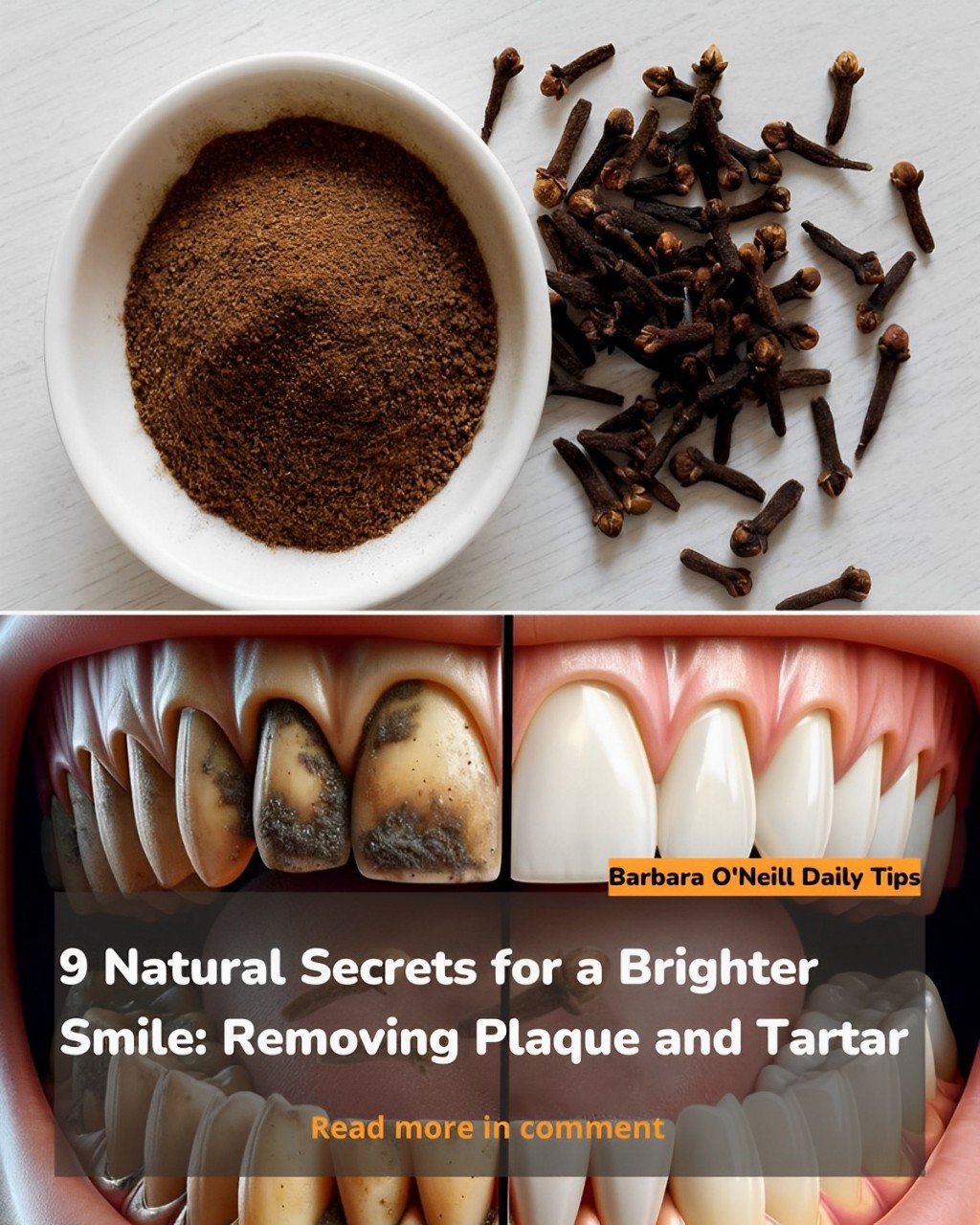Fish is a healthy food. However, there are types of fish that contain toxic substances and should be avoided.
 Salted fish is a fish familiar to everyone, but eating too much does not bring health benefits.
Salted fish is a fish familiar to everyone, but eating too much does not bring health benefits.
Health benefits of fish
Fish is a food rich in protein and fat. In particular, fish contains 8 types of amino acids necessary for the body. Research shows that people who eat 200-300 grams of fish/week have a 15% lower risk of death from all causes and a 23% lower risk of death from cardiovascular disease compared to the group of people who eat less than 150 grams. fish/week.
Fish contains a lot of lecithin. This substance is effective in enhancing memory. In addition, it also inhibits the degeneration of brain cells. This brings benefits to the brain, especially for the elderly.
Nutrition experts encourage people to eat fish 2-3 times a week so that the body receives great benefits from this food.
This type of fish stimulates K cell development
Fish contaminated with formaldehyde
Formaldehyde is a substance that has the ability to disinfect and prevent bacteria from growing. This substance is easily soluble in water and has a pungent odor. Formaldehyde is a substance banned from use in food. However, some people still deliberately use this substance to extend the shelf life of food. Among them, fish and seafood are often soaked in this solution to preserve it without rotting.

Fish are foods that are at risk of being contaminated with formaldehyde for preservation.
Eating fish containing formaldehyde can cause severe abdominal pain, vomiting, and even worse, kidney injury, coma, and ultimately death.
When buying fish, you need to pay attention to inspect the fish carefully. Do not buy fish that has a strange smell, fish that has unusual signs, eyes that are cloudy, and gills that are no longer red.
Salted fish
Salted fish is a very familiar dish to everyone. People have long discovered that marinating fish with salt will help prolong the fish’s preservation time, keeping the fish for a long time without fear of spoilage. Salted fish can be considered a food stored at home, convenient to use anytime needed.
However, salted fish has a very large nitrite content and is classified in the group of foods that can stimulate the growth of K cells. The reason is that nitrite can combine with amino acids in protein to create nitrosamine. Scientists have discovered that nitrosamine is a substance that can cause people to suffer from K-type diseases related to the digestive system. Meanwhile, consuming 0.3 to 0.5 grams of nitrite can cause poisoning. Nitrite intake greater than 3 grams will be life-threatening.





